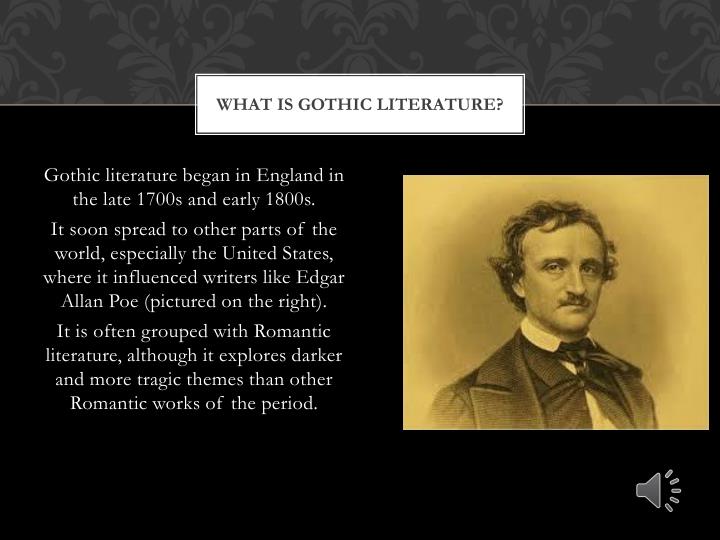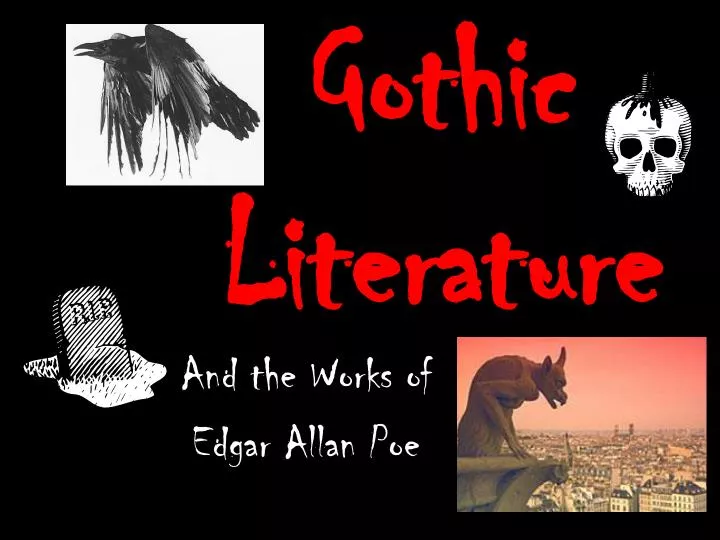


"British colonisers saw Australia as a godless, spiritually corrupt place"Ĭoupled with the fact gothic literature was booming in the 19 th century, conditions were ripe for the gothic literary genre to take root in Australian soil. To the colonisers, these qualities were a perversion of a European norm and, therefore, indicative of Australia being not only an unknowable, unforgiving land, but also a godless, spiritually corrupt place. The plants were unfamiliar the seasons reversed the swans black instead of white. When the British colonised Australia from 1788 onwards, how they perceived the continent’s environment reinforced their biased imaginings of it as being a strange reversal of their homeland. The beautiful Uluru rock in Australia - the country's history is not as picture perfect though. Such fiction entrenched ideas that any land in the southern hemisphere unknown to Europeans would likely be uncanny-even grotesque. First posited in antiquity, the hypothesis of a great southern land became a popular subject in the imaginary voyage genre as European sea exploration expanded in the 17 th and 18 th centuries. Long before the British colonised Australia, myths surrounding the uncharted Antipodean world already flourished in the European imagination. It is also one that continues to evolve and challenge readers. Yet the Australian Gothic genre forms a complex, thriving tradition within Australian storytelling. With its lack of gothic hallmarks such as medieval ruins, decaying mansions, and frozen winters calling for dramatic haberdashery, Australia might not appear a natural setting for gothic fiction.

Australian Gothic fiction offers insights into the country’s history and culture, as well as a powerful lens through which to imagine the future


 0 kommentar(er)
0 kommentar(er)
